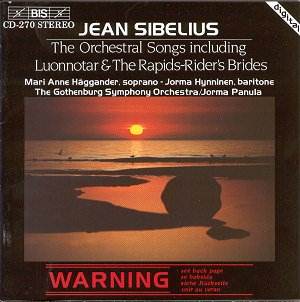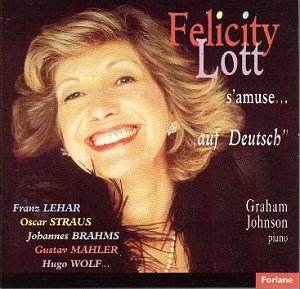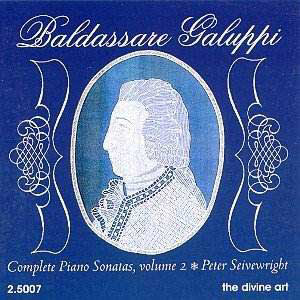 Composer: Jean Sibelius
Composer: Jean Sibelius
Works: Orchestral Songs
Performers: Mari-Anne Häggander (soprano), Jorma Hynninen (baritone), Gothenburg Symphony Orchestra, Jorma Panula
Recording: 1985?
Label: BIS
Jean Sibelius, the Finnish master of symphonic form, left a profound mark on the realm of orchestral song, merging his deep reverence for nature with rich musical textures. This collection of orchestral songs, performed by the Gothenburg Symphony Orchestra under Jorma Panula, showcases Sibelius’s ability to weave literary inspiration—particularly from poets such as Erik Johan Stagnelius and Viktor Rydberg—into a tapestry of sound that is both evocative and profound. The works selected here span a range of emotional landscapes, revealing Sibelius’s dual nature as a nationalistic composer and a romantic visionary.
The performances by baritone Jorma Hynninen and soprano Mari-Anne Häggander provide a compelling insight into Sibelius’s vocal writing. Hynninen, whose voice strikes a perfect balance between weight and lyricism, brings a nuanced interpretation to the songs. His ability to convey emotional depth is particularly evident in “Come Away, Death,” where the somber quality of the music is matched by his expressive phrasing. The orchestration, notably lush yet transparent, allows Hynninen’s voice to shine without overwhelming it, a testament to Panula’s sensitive conducting. Häggander, while possessing a bright and piercing upper register, sometimes lacks the emotional nuance that Hynninen embodies, particularly in more intimate passages. Nevertheless, her clarity and precision are commendable, particularly in the ethereal “Sunrise,” where her top notes resonate with a chilling beauty.
The recording quality of this BIS release merits attention. The sound engineering captures the orchestral colors with remarkable fidelity, presenting a soundscape where every instrumental nuance can be appreciated. The orchestral backdrop, meticulously crafted, supports the vocal lines while maintaining a distinct identity. Sibelius’s intricate orchestration shines through, particularly in “The Rapid-Shooters Bride,” where the orchestral depiction of swirling waters and impending disaster comes alive with vivid clarity. The interplay between voice and orchestra in this balladic narrative is masterfully executed, creating a palpable tension that holds the listener in rapt attention.
Sibelius’s orchestral songs often echo the influence of Wagner, which is evident in the harmonic language and thematic development throughout this recording. The “Song of the Cross Spider” illustrates this connection, with its ominous orchestration that complements the vocal line’s portrayal of evil. While comparisons to Monica Groop’s interpretation may arise, the orchestral version here adds layers of color that elevate the song’s inherent drama. Similarly, “Arioso” provides an introspective moment, where the distant timpani and organ-like textures evoke a sense of solemnity and reverence, reminiscent of sacred music traditions that Sibelius frequently drew upon.
With this collection, listeners are offered a vivid portrait of Sibelius’s orchestral song repertoire, revealing layers of emotional complexity and a deep connection to his Finnish roots. The performances by Häggander and Hynninen, supported by a finely tuned orchestra under Panula’s direction, embody the spirit of these works, making this recording a significant contribution to the catalog of Sibelius’s vocal music. The artistic choices made by the performers, combined with the high-quality production values of BIS, ensure that this disc will resonate with both casual listeners and serious aficionados of the genre. A treasure for any collection, it stands as a testament to Sibelius’s enduring legacy and the emotional power of his music.



